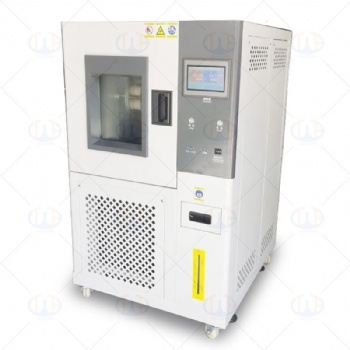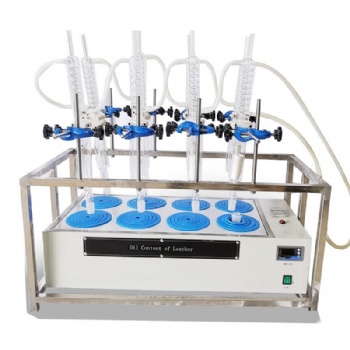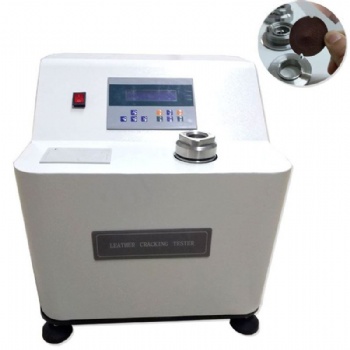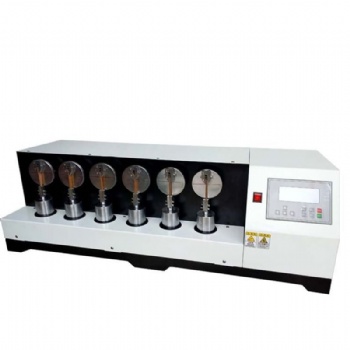News
300 kN compressive strength testing machine: features, applications, test standards
300 kN compressive strength testing machine: features, applications, test standards
A 300 kN compressive strength testing machine is a powerful and precise piece of equipment designed to measure the compressive strength of various materials, including concrete, metals, composites, and more. Here’s a breakdown of its features, applications, test standards, and considerations for selecting the right 300 kN compressive strength testing machine.
Overview and Definition
A 300 kN compressive strength testing machine is designed to apply compressive loads up to 300 kilonewtons (kN). It is commonly used to test the compressive strength of materials by gradually applying force to a sample until it fractures or deforms. The results obtained from these tests help assess material quality and ensure compliance with various industry standards.
Applications of a 300 kN Compressive Strength Testing Machine
This type of testing machine is versatile and widely used across industries, including:
1.Construction: To test the compressive strength of concrete cubes, cylinders, bricks, and other construction materials.
2.Metallurgy: For testing metals and alloys to assess their structural integrity.
3.Automotive and Aerospace: To evaluate materials that will undergo significant stress, ensuring they meet safety requirements.
4.Research and Development: In labs for testing new materials and understanding their behavior under compressive loads.
Key Features
A high-quality 300 kN compressive strength testing machine typically includes:
High-Precision Load Cells: Ensures accurate force measurement with minimal error.
Robust Frame Construction: To withstand high loads and ensure stability during testing.
Adjustable Crosshead: Enables testing of different specimen sizes.
Digital Display or Computer Control: For real-time monitoring and data recording, many machines offer computerized controls with dedicated software for data analysis and result storage.
Safety Mechanisms: Overload protection and emergency stop features to protect both the machine and the operator.
Test Specimen Preparation and Details
The type and dimensions of the specimen depend on the material being tested and the specific test standards being followed. Here are common specimen types and their details:
1.Concrete Cubes: Typically 150 mm x 150 mm x 150 mm for standardized testing.
2.Concrete Cylinders: Usually 150 mm in diameter and 300 mm in height.
3.Metals: Cylindrical or prismatic specimens, dimensioned based on metal testing standards.
Proper specimen preparation is essential for accurate results. Ensure that surfaces are smooth, perpendicular to the axis of load application, and free from defects.
Testing Procedure
Here’s a step-by-step outline of the compressive strength testing process with a 300 kN testing machine:
1.Setup and Calibration:
Begin by setting up the machine on a stable surface.
Calibrate the machine, if necessary, according to the manufacturer’s instructions.
2.Specimen Placement:
Place the specimen centrally on the testing platform or between the platens, ensuring it’s aligned correctly with the load axis.
3.Parameter Setup:
Set the required test parameters on the digital display or software, including the loading rate as specified by the relevant test standard.
4.Load Application:
Start the machine to apply compressive force gradually and steadily.
The machine will increase the load until the specimen fails or reaches its maximum load-bearing capacity.
5.Data Recording:
Record the peak load at which the material fails. This maximum load divided by the specimen’s cross-sectional area gives the compressive strength.
6.Analysis:
The machine software often generates a report, including graphs and detailed data, which can be analyzed to assess the material’s properties.
Relevant Test Standards
Several standards apply to compressive strength testing, depending on the material type and region. Some relevant standards include:
ASTM C39: Standard Test Method for Compressive Strength of Cylindrical Concrete Specimens.
ASTM E9: Standard Test Methods for Compression Testing of Metallic Materials.
ISO 604: Plastics — Determination of Compressive Properties.
EN 12390-3: Testing hardened concrete — Compressive strength of test specimens.
GB/T 50081: Standard for Test Method of Mechanical Properties on Ordinary Concrete (China).
These standards provide guidelines for specimen dimensions, testing procedures, and reporting methods to ensure consistent and accurate results.
Selecting a 300 kN Compressive Strength Testing Machine
When choosing a 300 kN compressive strength testing machine, consider the following factors:
Application-Specific Requirements: Determine if the machine is suitable for the materials you need to test, such as concrete, metals, or plastics.
Load Accuracy and Control: Look for machines with high-precision load cells and accurate control systems.
User Interface: Machines with digital displays or computerized control systems often provide a smoother testing experience with easy data collection and analysis.
Build Quality: A durable and stable frame is crucial for maintaining consistent performance, especially with high-force testing.
Support and Calibration Services: Opt for a manufacturer or supplier that offers reliable customer support, calibration, and maintenance services.
Why Choose Jinan Wangtebei Instrument and Equipment Co., Ltd.?
For high-quality compressive strength testing machines, Jinan Wangtebei Instrument and Equipment Co., Ltd. offers a range of reliable, precision-engineered equipment, including 300 kN machines. Known for their robust design, accuracy, and user-friendly interface, their machines meet ASTM, ISO, and other international standards. Additionally, they provide comprehensive support, including installation, calibration, and maintenance services, ensuring that your equipment consistently delivers accurate results.
Conclusion
A 300 kN compressive strength testing machine is an essential tool for assessing the compressive strength of various materials. By following standardized procedures and selecting a quality machine from a reputable manufacturer, you can ensure accurate and reliable test results. Whether you’re in construction, metallurgy, or any industry requiring material testing, a 300 kN testing machine is an invaluable asset in maintaining product quality and meeting safety standards.
For more information on compressive strength testing machines, visit Jinan Wangtebei Instrument and Equipment Co., Ltd. at wtbte.com.
computerized hydraulic universal testing machine, computer display hydraulic universal testing machine, equipment for impact testing
Categories
Contact Us
- +86-18615632092
- wtbequipment@hotmail.com
- sophie-tester
- +86-18615632092




 售前客服
售前客服